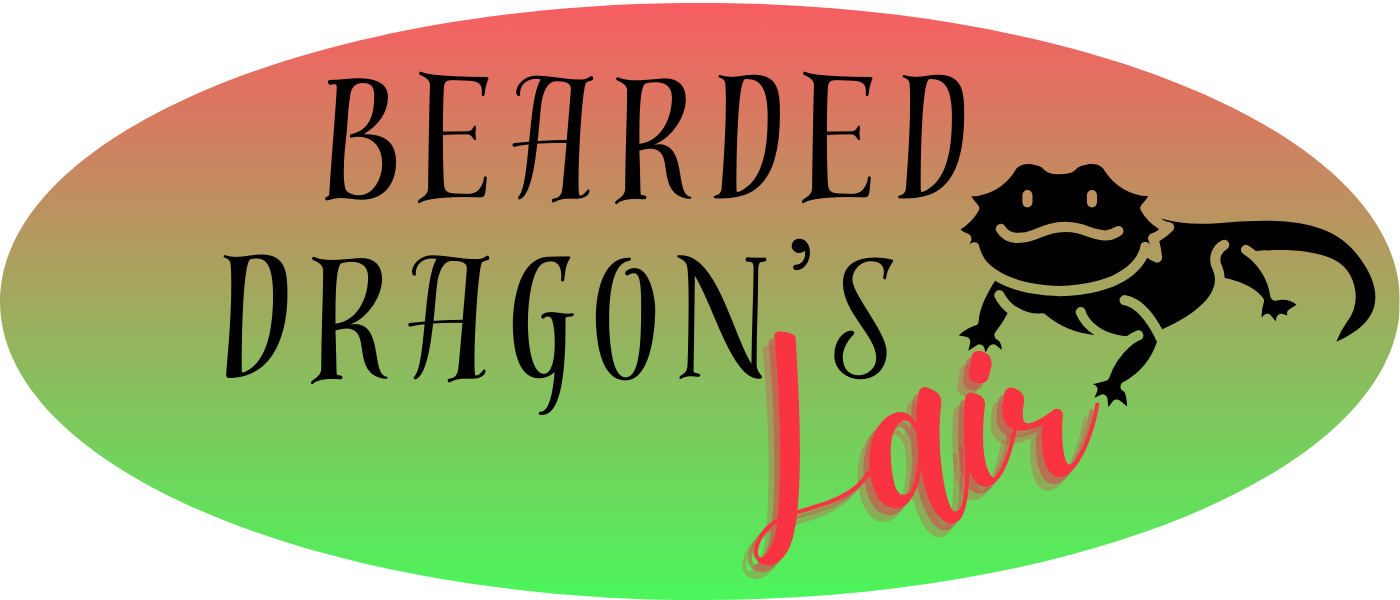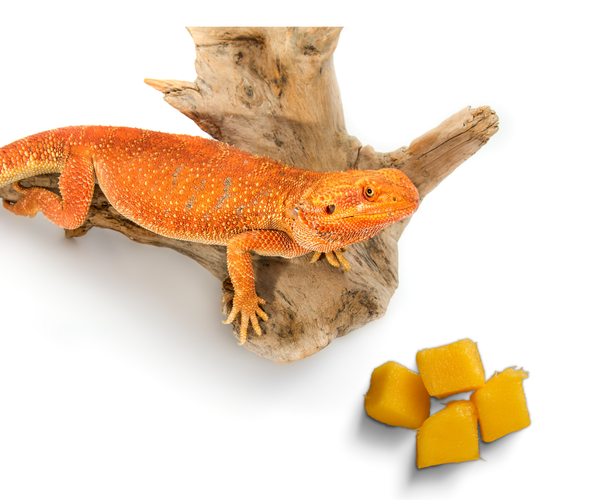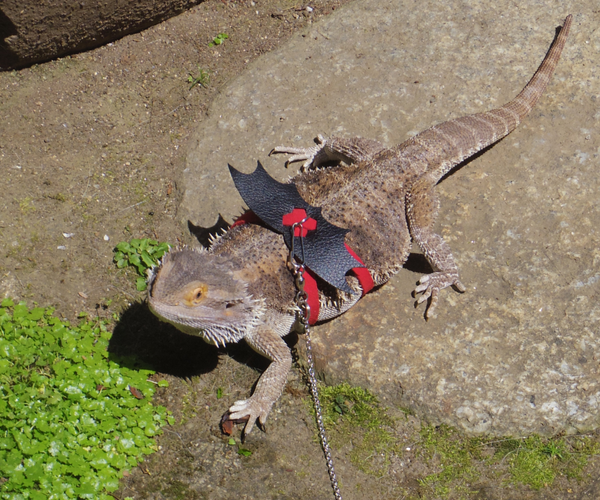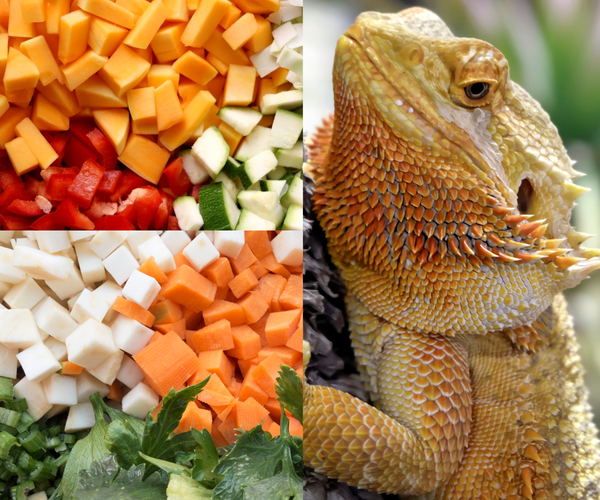Can Bearded Dragons Eat Pineapple?
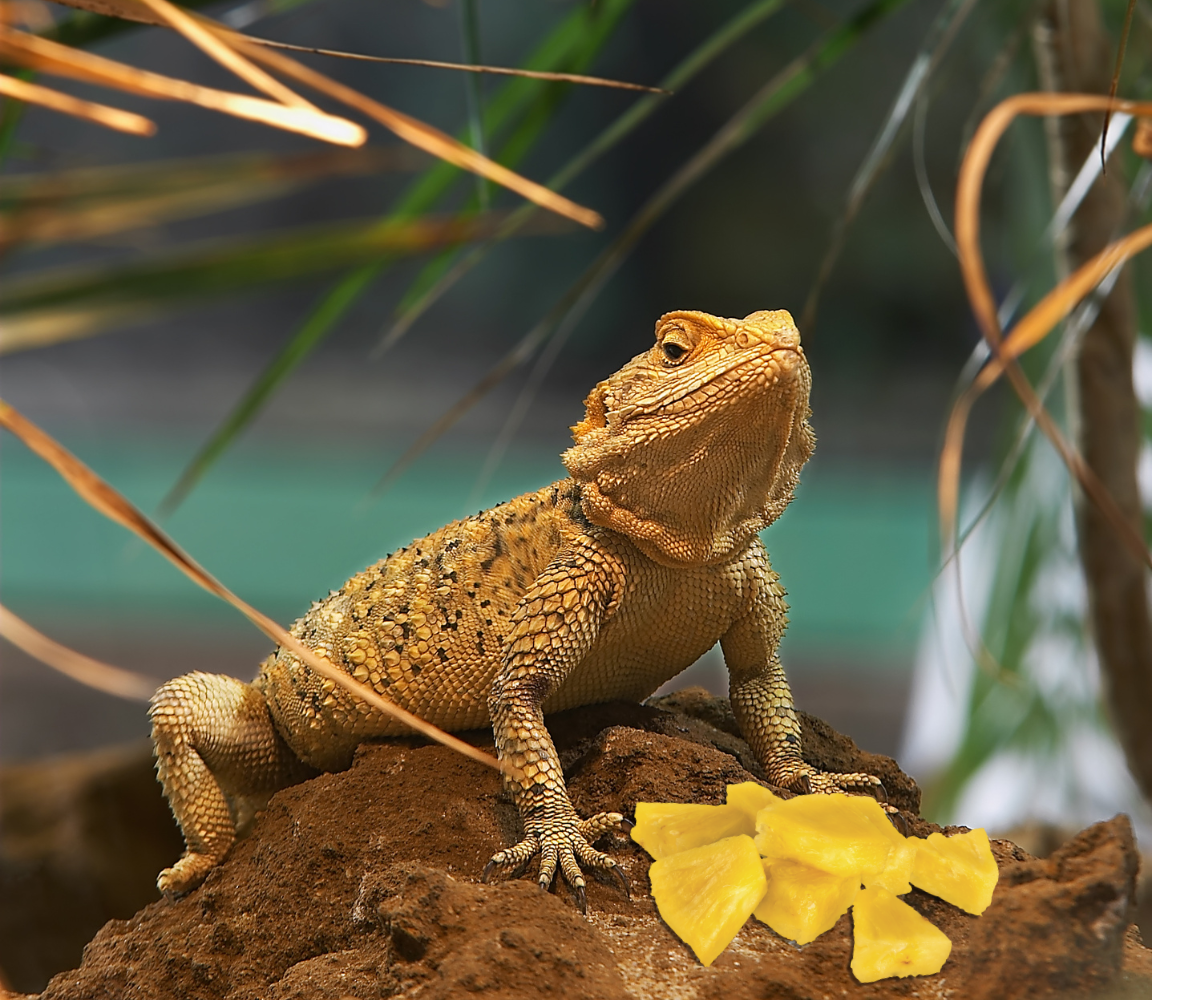
Bearded dragons are popular pets known for their docile nature and unique appearance. As omnivorous creatures, their diet can include a variety of fruits, vegetables, and proteins. One common question among bearded dragon owners is whether these reptiles can safely consume pineapple. This article delves into the suitability of pineapple as a part of a bearded dragon's diet.
Key Takeaways:
- Pineapple can be offered to bearded dragons in moderation due to its high acidity and sugar content.
- It's essential to prepare pineapple properly before feeding it to your bearded dragon to avoid health issues.
- Understanding the nutritional needs of bearded dragons is crucial for incorporating pineapple into their diet safely.
The Nutritional Profile of Pineapple
Pineapple is a tropical fruit known for its vibrant taste and rich vitamin content. It's packed with vitamin C, manganese, and dietary fiber, which can be beneficial for humans. However, when it comes to bearded dragons, these nutrients must be weighed against the fruit's high sugar and acid content. While vitamin C can support the immune system, too much sugar can lead to obesity and other health issues in bearded dragons.
Preparing Pineapple for Bearded Dragons
Before offering pineapple to your bearded dragon, it's crucial to prepare it correctly. This means removing the tough, spiky skin and the hard core, which can be difficult for them to digest. The fruit should be cut into small, manageable pieces to prevent choking. Fresh pineapple is preferable over canned varieties, which often contain added sugars and preservatives that are harmful to bearded dragons.
Frequency and Portion Size
When it comes to feeding pineapple to bearded dragons, moderation is key. Due to its acidity, pineapple should be considered an occasional treat rather than a staple in their diet. A small piece of pineapple once a month is a safe amount for most adult bearded dragons. Juveniles, however, should avoid pineapple due to their more sensitive digestive systems.
Potential Health Benefits
In small amounts, pineapple can offer some health benefits to bearded dragons. The bromelain enzyme in pineapple can aid in digestion, and the antioxidants may help to boost the immune system. However, these benefits are only realized when pineapple is fed appropriately and infrequently.
Risks of Feeding Pineapple to Bearded Dragons
The primary risks associated with feeding pineapple to bearded dragons stem from its acidity and sugar content. These can lead to mouth irritation, digestive upset, and an increased risk of obesity and diabetes. It's important to monitor your bearded dragon for any adverse reactions after consuming pineapple.
Alternative Fruits for Bearded Dragons
If you're looking for safer fruit options for your bearded dragon, consider offering berries, melons, or apples in moderation. These fruits are lower in acidity and sugar compared to pineapple and can be a healthier choice for your pet. Always remember to remove any seeds and cut the fruits into small, digestible pieces.
Understanding Bearded Dragons' Dietary Needs
Bearded dragons require a balanced diet that includes a mix of vegetables, fruits, and proteins. The bulk of their diet should consist of leafy greens and vegetables, with fruits making up a smaller portion. Proteins such as insects should also be provided regularly to meet their nutritional needs.
How to Introduce New Foods to Your Bearded Dragon
Introducing new foods to your bearded dragon should be done gradually. Start by offering a tiny piece of pineapple to see how they react. If there are no negative side effects, you can offer it again in a few weeks. Always observe your bearded dragon after introducing any new food item.
Monitoring Your Bearded Dragon's Health
After feeding pineapple or any new food to your bearded dragon, it's essential to monitor their health. Look for signs of digestive distress, such as diarrhea or decreased appetite. If you notice any concerning symptoms, consult with a veterinarian experienced in reptile care.
Creating a Balanced Diet Plan
A balanced diet is crucial for the health and well-being of your bearded dragon. Consult with a reptile nutritionist or veterinarian to create a diet plan that meets all of your pet's dietary requirements. This plan should include a variety of foods to ensure a range of nutrients and prevent dietary boredom.
Summary
Pineapple can be a tasty treat for bearded dragons when offered in moderation and prepared correctly. It's important to consider the fruit's high sugar and acid content and to feed it sparingly to avoid health issues. Always prioritize a balanced diet for your bearded dragon, and consult with a professional if you're unsure about any dietary changes.
FAQ Section
Q: How often can I feed my bearded dragon pineapple? A: Pineapple should be fed to adult bearded dragons no more than once a month due to its high sugar and acid content. It's best to avoid feeding pineapple to juvenile bearded dragons.
Q: What are the signs that my bearded dragon isn't tolerating pineapple well? A: Signs of intolerance may include mouth irritation, digestive upset such as diarrhea, or a decrease in appetite. If you notice any of these symptoms, discontinue feeding pineapple and consult a veterinarian.
Q: Are there any fruits that are safer for bearded dragons than pineapple? A: Yes, fruits like berries, melons, and apples are generally safer for bearded dragons as they are lower in sugar and acidity. Always feed fruits in moderation and as part of a balanced diet.
